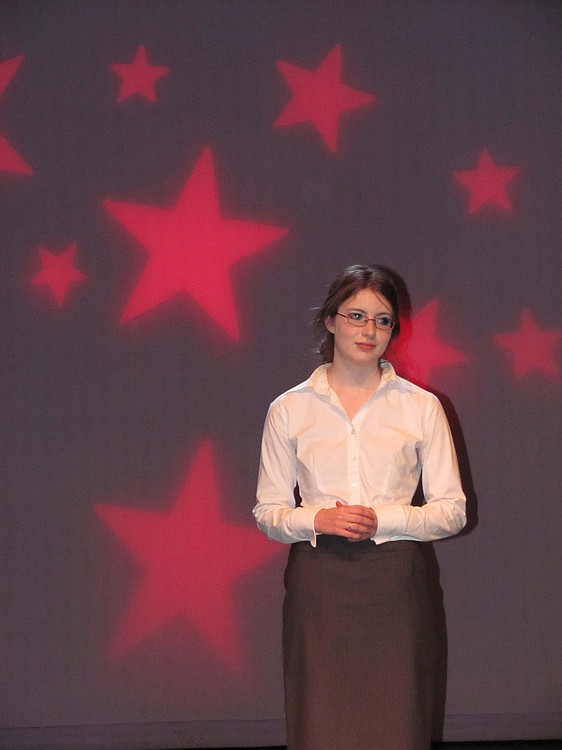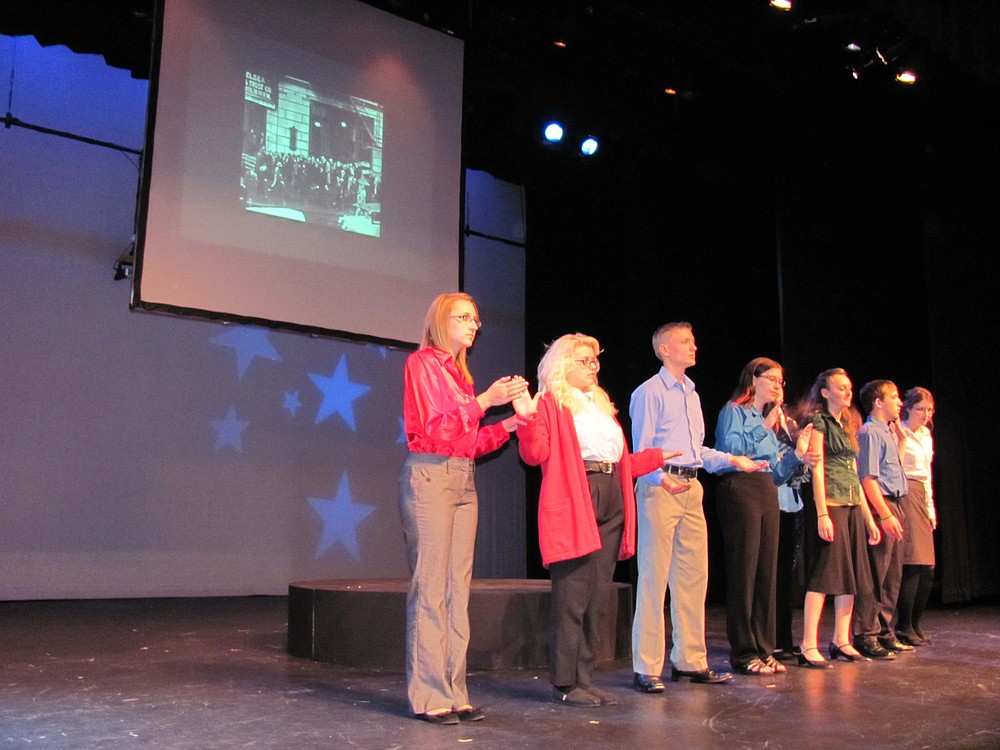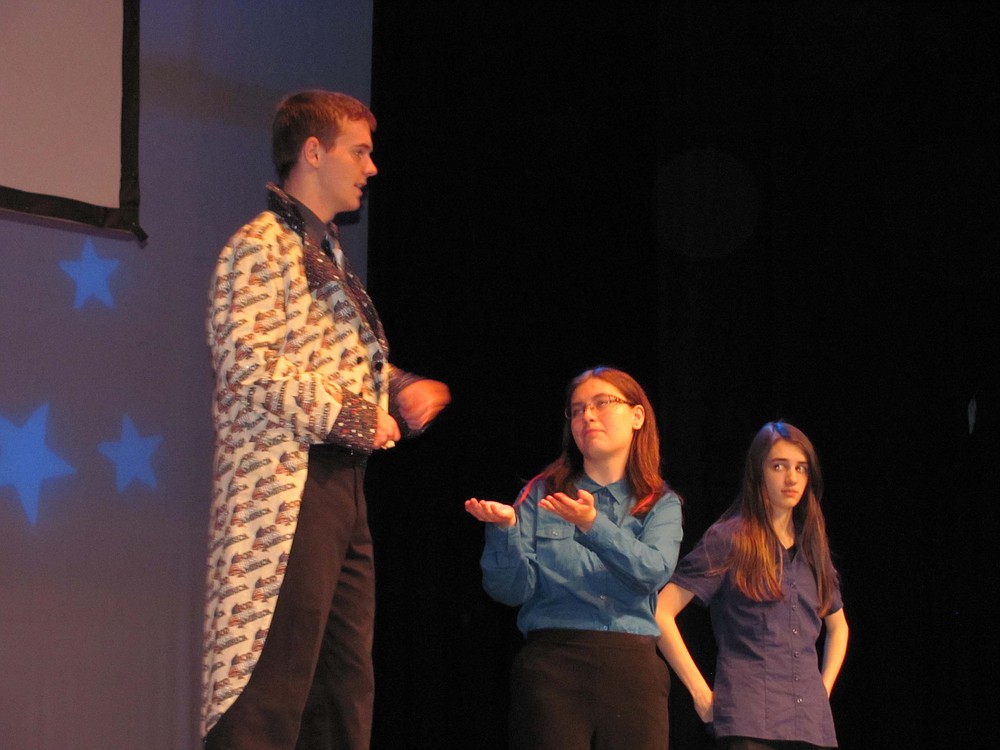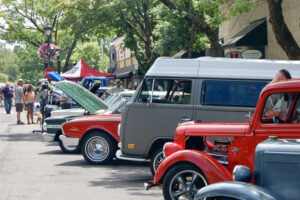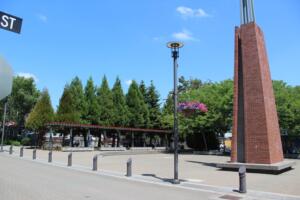7 p.m. Friday and Saturday, Oct. 26 and 27; and Nov. 2 and 3. Tickets are $5, and $4 for students and senior citizens. The play will be held at Washburn Performing Arts Center at Washougal High School, 1201 39th St.
For more information, call 954-3100.


